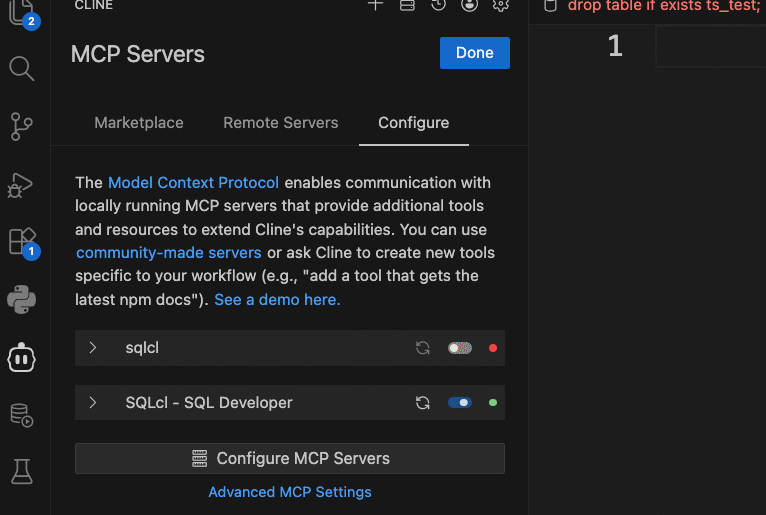
Post Updated on November 10, 2011.
11gR2 was supposed to be 12g..or so the story goes. You can read tons of posts on OTN from several years ago where 12g is referenced. Nothing recent though. So…
Oracle Open World 2011 is coming soon, and you know the Big Red Machine will want to have a big splash. Will it be a new version of their RDBMS solution?
And for all those people who just got their 8 and 9 databases upgraded to 10 or 11, be prepared to be obsolete again!
Maybe the ACEs who were able to attend #KScope last month in Long Beach got the inside scoop…alas, I was not there. Instead I was suffering on another beach, happily on vacation.
We’ll know soon enough. Then a few months of beta testing with real production software ready for *NIX installs a few months later…but until then, I have a question for you:
If it is announced, what features will you be looking or hoping for?
Personally, I am hoping for a more intelligent CBO. Just give me better plans, better cost estimation. That’s not much to ask for, is it?
Post Update, 12 is here…kind of
I started working for Oracle in late October, so I can’t really speculate on product releases anymore, sorry.
I was KIND of right though! Oracle did release an update for Oracle Enterprise Manager, what we’re calling ’12c.’ The ‘c’ stands for ‘cloud.’ From the official PR, ‘Oracle today announced Oracle Enterprise Manager 12c the industry’s first solution to combine management of the full Oracle stack with complete enterprise cloud lifecycle management.’ You can go read all the nitty-gritty details here.
A lot of work was done on the database management features in this new Enterprise Manager, I’m wondering if any of you have had a chance to try it out yet?





6 Comments
Jeff,
I just want to avoid all the boring parsing steps for heavy used statements.
Instead of SELECT SYSDATE FROM DUAL WHERE DUMMY=:1 something like
DO PREPARED STATEMENT ‘sqlid’, :1 Less CPU burned, less latches, …
Garys example is right with PL/SQL, and cursor caching. I’d just want to bring this idea to the end.
Never thought of that parsing as that taxing, although if it’s happening a few thousand times a minute, I suppose those milliseconds add up.
Have you taken advantage of the result set cache and deterministic functions yet? I wonder if that would help any…parse is there, but less time spent elsewhere.
The first time I read about Edition based Redefinition my first idea was:
They must do this in any Data Dictionary modification! – all Objects in the data dictionary exposed to the customer (as far as I know) can be handled that way. So I really hope for no need for a Service downtime anymore. at all. never, ever! even with ORA-600 and emergency patches.
Of course, there are other ideas too:
* in my company, we see the total automatism on parallel queries is not perfect, yet.
* in rare cases I’d like to be able to store a SQL (for a particular user) into the DB to avoid any kind of hard/soft parsing, permission checks, object checks, … maybe even in PGA?
* currently I’d like to have a COMMIT_WAIT=nowait hint.
So there are enough wishes, let’s see what Larry will bring to us.
Avoid permission checks? What do you mean by saving a SQL? Don’t we call this a ‘VIEW’?
A stored procedure comes close to minimising the syntax /semantics checks. And PL/SQL cursor caching means not even soft parses for repeated SQL. The problem is (a) the soft parse is needed for any parse coming through from the client to see whether the text matches an existing SQL and (b) ‘new’ developers don’t want to handle low level stuff like cursor handles or take advantage of code in the DB.
Think its too early for a 12g though. But what I’d REALLY like to see is Oracle Personal Edition for Linux not just Windows.
No ones talking about it, so if I’m right, I’m a genius! An evil genius.
Gary, your answer to every question is PL/SQL – I like that!